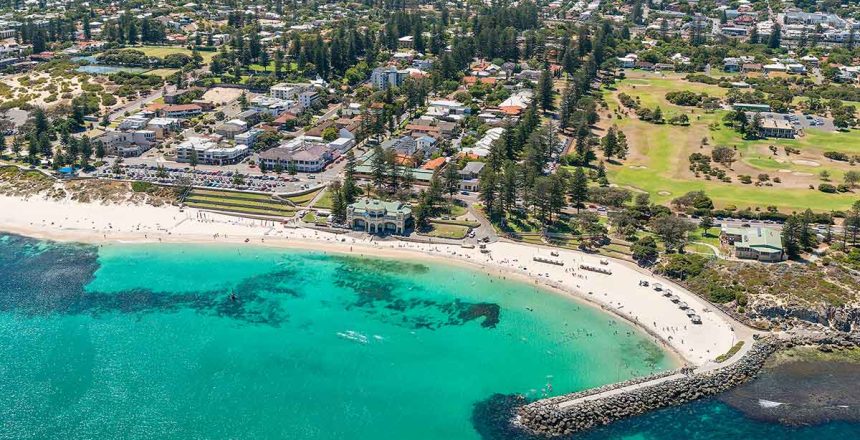Dr Gavin Pereira is a perinatal epidemiologist, environmental health researcher, and biostatistician with the School of Public Health, Curtin University. He was awarded a BrightSpark Research Collaboration Award in 2017 to examine the effects of elevated environmental/ambient temperature on survival/stillbirth. This was a collaborative study between Dr Pereira at Curtin University, Dr Caitlin Wyrwoll at the University of Western Australia and Dr Alex Larcombe at Telethon Kids Institute. Their methods combined an observational study (retrospective cohort study in humans) with an experimental study (in vivo study in mice).
Heatwave exposures were calculated for the human population at all Bureau of Meteorology sites in WA and used to define a heatwave for the in vivo studies (37C). For the in vivo study, heatwave exposure in late gestation was associated with decreased maternal weight gain, increased rectal temperature, decreased nest building complexity and decreased food intake. Heatwave exposure was also associated with reduced placental mass, a trend toward reduced fetal mass and down-regulated vascular endothelial growth factor.
There were 680,799 births investigated in the human study. In observational studies exposure can be assessed on a continuum. Unadjusted hazard ratios for stillbirth indicated an adverse effect of elevated daily maximum temperature, most notably around 37C, and therefore consistent with the perturbed placental growth and endothelial growth factor. However, preliminary results indicate that this effect is attenuated to statistical non-significance after adjustment, whereby adjusted models did not show an effect of heatwaves on risk of stillbirth.
This project contributed to research training of two honours students and one medical student. Dr Pereira has gone on to receive national grant funding through the NHMRC and is now a Professor of epidemiology and biostatistics at Curtin University. He is Head of his own laboratory, the Epidemiology Research Lab at Curtin University, managing a large team of researchers and PhD students. His research continues to investigate the impact of climate change on early childhood mortality, evaluate effectiveness of vaccination in pregnancy, and identify risk factors for autism. For more information about Professor Pereira’s research and career, please visit his university profile: https://staffportal.curtin.edu.au/staff/profile/view/gavin-pereira-0374b4b1/


